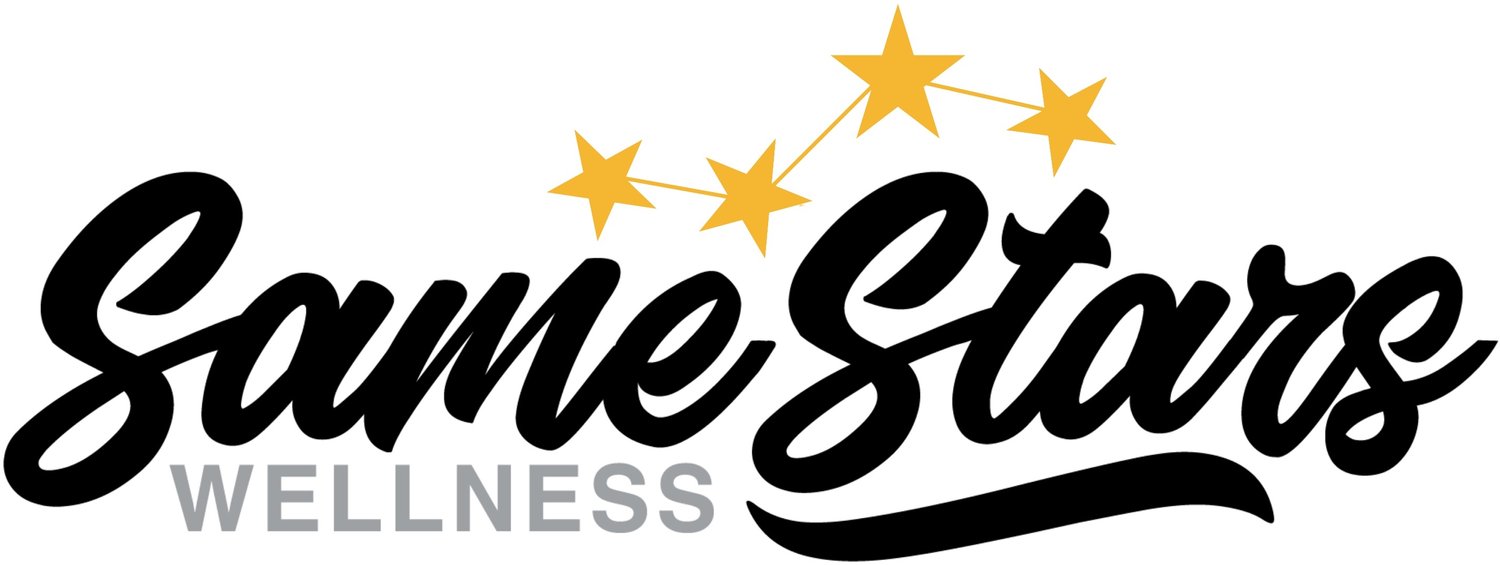Acupuncture & Laser Acupuncture for Juvenile Arthritis: Gentle Pain Relief for Growing Bodies
Juvenile Idiopathic Arthritis (JIA) can affect every part of a child’s day—from getting dressed in the morning to keeping up with school, movement, and play. Pain, stiffness, swelling, and fatigue can be overwhelming, especially during flare-ups. Families often look for options that help soften discomfort without overstimulating the body.
Acupuncture and laser acupuncture are two gentle, evidence-informed tools we use at Same Stars Wellness to support kids living with JIA.
What Juvenile Arthritis Looks Like in Kids
Common symptoms include:
Joint pain or stiffness (often worse in the morning)
Swelling around wrists, knees, ankles, or fingers
Fatigue or low energy
Reduced mobility
Difficulty with sports or walking
Sleep disruption
Flare-ups triggered by illness or stress
JIA is a long-term condition—but comfort, mobility, and quality of life can absolutely improve.
How Acupuncture Helps Kids With JIA
1. Supports natural pain modulation
Helps the body release neurochemicals that calm pain pathways.
2. Reduces stiffness and improves mobility
Especially around:
Knees
Ankles
Wrists
Hips
3. Helps regulate inflammation patterns
While it does not replace medical treatment, acupuncture can gently support inflammatory pathways involved in JIA.
4. Improves sleep and energy levels
Many kids rest more deeply after treatment, which helps during flare cycles.
Why Laser Acupuncture Is Ideal for Many Kids With JIA
Laser is especially helpful when:
Joints are inflamed
Touch is uncomfortable
A child is needle-averse
Fatigue limits tolerance
They are medically complex
It offers all the benefits of acupuncture—with no pressure and no needles.
What Treatment Looks Like at Same Stars
Sensory-friendly rooms
Shorter or modified appointments depending on energy levels
Options to treat in seated or reclined positions
Child-led pacing
Mobile care available for kids with mobility challenges
Trauma-aware communication, especially for children with medical histories
What Parents Often Notice
Families frequently share that their child has:
Softer flare days
Better range of motion
More predictable mobility
Improved sleep
Reduced stiffness in the morning
Better tolerance for daily activities
When to Reach Out
If JIA is affecting your child’s comfort, mobility, or confidence, our pediatric team is here to support you every step of the way.
403-452-6783 | info@samestarswellness.com
Further Reading & Resources
AboutKidsHealth – JIA
And our pediatric team is always here for individualized guidance and support.

